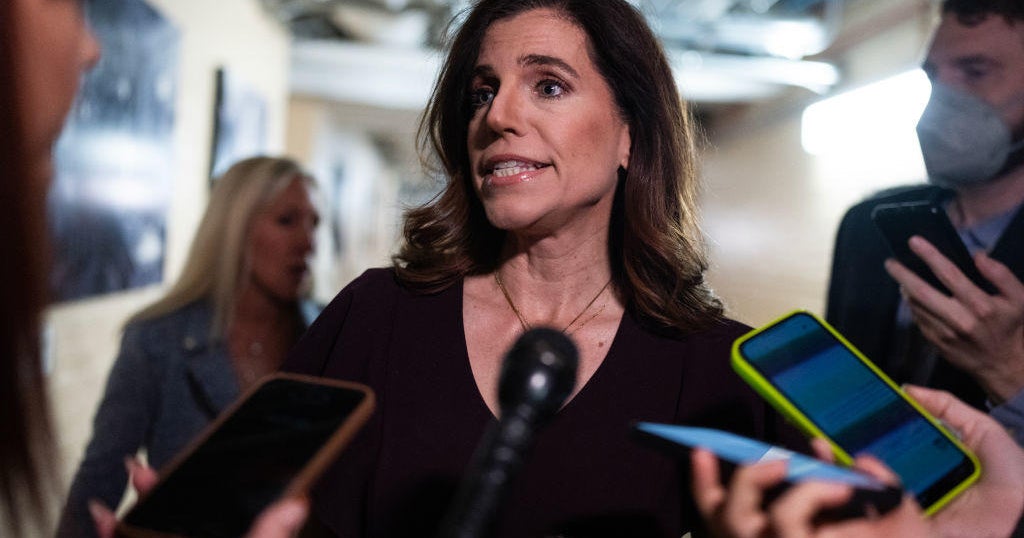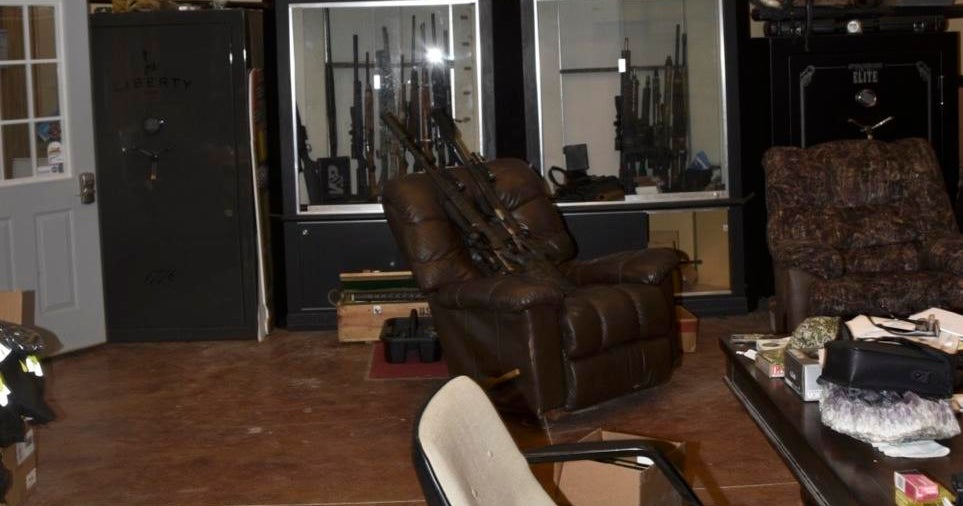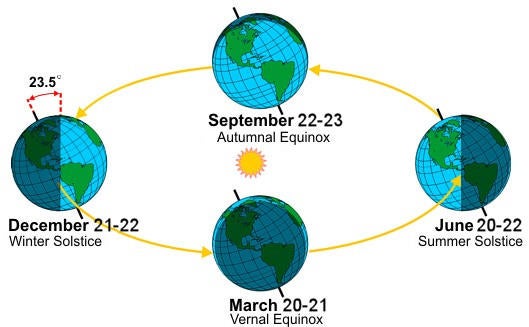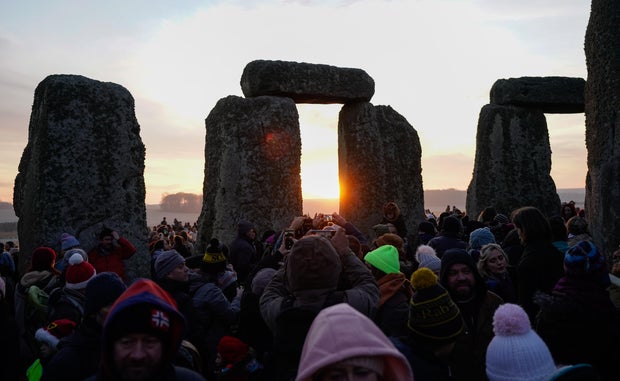CBS News
Chicago owed nearly $20 million in police overtime for special events this year; taxpayers may be on the hook

CITY HALL — The city spent $22.6 million on police overtime for special events this year but has only been reimbursed $2 million, leaving taxpayers to cover the remaining costs.
City law requires special event producers to pay for police services beyond 12 shifts. However, an investigation by Block Club Chicago and CBS Chicago revealed through records requests that the city has not been retroactively charging for those costs.
Chicago hosts hundreds of street festivals each year, with approximately 1,300 events held between 2021 and 2023. During that period, nearly 2,800 Chicago police officers logged a combined total of 27,000 overtime hours to patrol these events, according to a CBS News Data Team analysis of police overtime records and special event permits.
At a Chicago Police budget hearing on Friday, officials confirmed that a significant portion of the overtime associated with special events has gone unreimbursed, attributing the issue to a “decentralized system.”
In 2024, the police department spent $22.6 million on special event overtime across various music, street, and neighborhood festivals. About $7.2 million of that is attributed to ticketed events like Lollapalooza, the Chicago Marathon, and NASCAR. However, the city has only been reimbursed for Lollapalooza and the Chase Corporate Challenge, totaling just under $2 million, police officials disclosed on Friday.
The 2024 figures are an increase from 2023, which saw $19.2 million spent in police overtime across all special events, police officials said. It’s currently unknown how much of that was reimbursed to the department. Special events include large ticketed festivals, street festivals, athletic events and bar crawls. Chicago hosted 677 special events in 2023, according to records obtained by CBS Chicago.
The revelation aligns with months of unanswered public records requests directed at the Department of Finance, which has been unable to produce invoices for police overtime at street festivals.
While the department did provide invoice data for traffic control aides at events like Riot Fest, Lollapalooza, and several 5Ks, it referred CBS News to the city’s Public Safety Administration for police overtime. However, the Public Safety Administration has not responded to records requests for police overtime details and did not return requests for comment.
“What may make more sense is we can provide all of our historical data about what our costs are, and we can provide that to DCASE, we can provide that to the Department of Finance. We can give a unified city service quote at the front end,” said Ryan Fitzsimons, Deputy Director at the Chicago Police Department.
During a budget hearing for the Department of Cultural Affairs and Special Events last week, officials revealed that their department is not involved in the invoicing process for reimbursing police overtime, raising concerns among aldermen that permits are being issued to event producers with outstanding balances.
On Friday, police officials said that despite the lack of reimbursement, they do not have the authority to block special event permits unless there are safety concerns. This lack of enforcement power leads to ongoing accountability issues with invoicing, they noted.
“We conduct numerous after-action meetings with OEMC and other city agencies. The problem is that, while we identify these reimbursement issues during those meetings, they are not addressed in subsequent permits issued the following year,” said Chief Duane DeVries, head of the Bureau of Counterterrorism with the Chicago Police Department.
After each permitted special event, the Chicago Police Department generates an “event evaluation form” that tracks the number of incidents and officers assigned to the event.
On Friday several aldermen requested event evaluation forms for various Chicago’s special events.
In July, the CBS News Data Team and Block Club Chicago requested event evaluation data for various events from 2019 to 2024, including PrideFest, Market Days, Wicker Park Fest, and Lollapalooza. The department said the evaluations were kept on paper. A request for those documents was made in August. As of last week, the department is still working on that request.
All special event producers are required to present security plans to Chicago Police for feedback before the city’s events department issues a permit. The amount of private security is determined by various factors, including the event’s history, location, current events and crime trends. Event organizers suggest a security plan and the police department approves, denies and makes suggestions.
Because of this, some special event producers have argued that they should not be required to pay for police overtime.
“It’s like someone coming and painting your house and then saying, ‘I want you to pay for it.’ … Well, I didn’t want you to paint my house,” Hank Zemola, CEO of Special Events Management, previously said. “I ordered all this (security) so we wouldn’t have to do that.”
Special Events Management puts on numerous special events including street races and neighborhood street festivals. The company organizes some of the city’s most popular street festivals like Pridefest, Ribfest and others.
By city law, street festivals cannot charge an entry fee but can propose suggested donations for entry. With suggested donations in decline, inflation making festivals more expensive to produce and consumers spending less, Zemola estimates that at least 50% of the company’s events this year lost money.
Still, with the City Council looking for cost-saving measures aldermen are eager to close the loophole that is hemorrhaging money from this city.
“I hope that with the information … your department provides us, we can, from the council side, work on maybe a better process that gives you guys … a seat at the table … so that we can better manage and join our resources,” said Ald. Maria Hadden (49th).
This story was produced under a collaboration with Block Club Chicago, a nonprofit newsroom focused on Chicago’s neighborhoods, and CBS News Chicago. Melody Mercado contributed to this report.
CBS News
12/20: CBS Evening News – CBS News

Watch CBS News
Be the first to know
Get browser notifications for breaking news, live events, and exclusive reporting.
CBS News
Saturday is the winter solstice and 2024’s shortest day. Here’s what to know about the official start of winter.

The 2024 winter solstice, the shortest day of the year, happens on Saturday, Dec. 21, in the Northern Hemisphere. The celestial event signifies the first day of winter, astronomically.
What is the winter solstice?
The winter solstice is the day each year that has the shortest period of daylight between sunrise and sunset, and therefore the longest night. It happens when the sun is directly above the Tropic of Capricorn, a line of latitude that circles the globe south of the equator, the National Weather Service explains.
The farther north you are, the shorter the day will be, and in the Arctic Circle, the sun won’t rise at all.
How is the day of the winter solstice determined?
The winter solstice occurs because of the Earth’s tilt as it rotates around the sun.
When the Northern Hemisphere tilts away from the sun, the nights last longer. The longest night happens on the solstice because the hemisphere is in its furthest position from the sun. That occurs each year on Dec. 21 or 22.
This year, it falls on Dec. 21 at 4:21 a.m ET, to be precise.
On the summer solstice, when the northern tilt is closest to the sun, we have the longest day, usually June 20 or 21.
National Weather Service
The solstices are not always exactly on the 21st every year because the earth’s rotation around the sun is 365.25 days, instead of 365 even.
Will days start getting longer after the winter solstice?
Yes. Each day after the solstice, we get one minute more of sunlight. It doesn’t sound like much, but after just two months, or around 60 days, we’ll be seeing about an hour more of sunlight.
When will winter officially be over in 2025?
The meteorological winter ends on March 20, 2025. Then, spring will last until June 20, when the summer solstice arrives.
How is the winter solstice celebrated around the world?
Nations and cultures around the world have celebrated the solstice since ancient times with varying rituals and traditions. The influence of those solstice traditions can still be seen in our celebrations of holidays like Christmas and Hanukkah, Britannica notes.
The ancient Roman Saturnalia festival celebrated the end of the planting season and has close ties with modern-day Christmas. It honored Saturn, the god of harvest and farming. The multiple-day affair had lots of food, games and celebrations. Presents were given to children and the poor, and slaves were allowed to stop working.
Gatherings are held every year at Stonehenge, a monumental circle of massive stones in England that dates back about 5,000 years. The origins of Stonehenge are shrouded in mystery, but it was built to align with the sun on solstice days.
Andrew Matthews/PA Images via Getty Images
The Hopi, a Native American tribe in the northern Arizona area, celebrate the winter solstice with dancing, purification and sometimes gift-giving. A sacred ritual known as the Soyal Ceremony marks the annual milestone.
In Peru, people honor the return of the sun god on the winter solstice. The ancient tradition would be to hold sacrificial ceremonies, but today, people hold mock sacrifices to celebrate. Because Peru is in the Southern Hemisphere, their winter solstice happens in June, when the Northern Hemisphere is marking its summer solstice.
Scandinavia celebrates St. Lucia’s Day, a festival of lights.
The “arrival of winter,” or Dong Zhi, is a Chinese festival where family gathers to celebrate the year so far. Traditional foods include tang yuan, sweet rice balls with a black sesame filling. It’s believed to have its origins in post-harvest celebrations.
Researchers stationed in in Antarctica even have their own traditions, which may include an icy plunge into the polar waters. They celebrate “midwinter” with festive meals, movies and sometimes homemade gifts.
CBS News
12/20: CBS News Weekender – CBS News

Watch CBS News
Be the first to know
Get browser notifications for breaking news, live events, and exclusive reporting.










